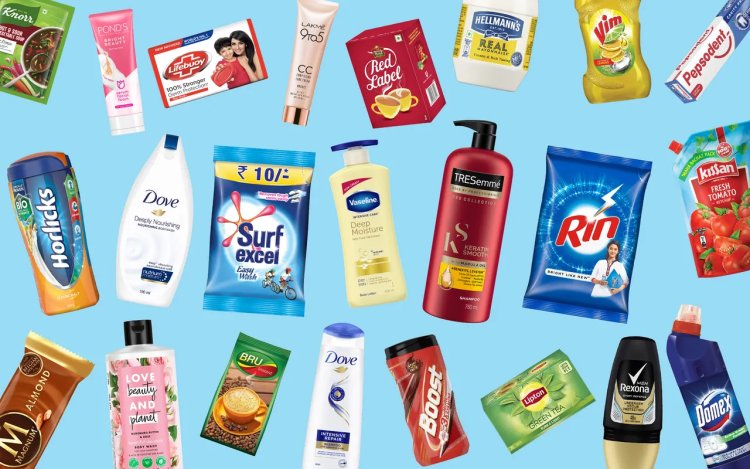HUL’s Premiumisation Push Signals Big Shift in India’s FMCG Market
HUL’s premiumisation strategy targets India’s growing affluent consumers, with iconic brands like Surf Excel and Dove leading the charge. D2C brands should take note.

Hindustan Unilever Limited (HUL), India’s leading FMCG giant, has unveiled a bold strategy to tap into the country’s growing premium consumer segment. The company, which boasts an extensive portfolio of over 50 brands, is aiming to premiumise key product categories, including hair care, body wash, home care liquids, face care, condiments, mini meals, and well-being products.
The company’s premiumisation strategy is backed by promising economic data. By 2030, a significant number of Indian households are expected to move into the $8,500 to $40,000 annual income bracket, while those earning less than $4,000 annually are predicted to decrease. This shift presents a lucrative opportunity for HUL to cater to a more affluent and sophisticated consumer base.
Experts believe this move could pose a serious challenge to Direct-to-Consumer (D2C) brands that have emerged as significant players in India’s FMCG market. Lloyd Mathias, a business strategist and angel investor, explains, "D2C brands have disrupted the market by catering to evolved consumers, but HUL’s scale, financial resources, and R&D capabilities give it a clear advantage."
HUL’s expansive distribution network, which reaches even the most remote parts of India, further solidifies its position. Unlike D2C brands that rely heavily on online channels, HUL’s offline presence offers a significant edge, ensuring its premium products are accessible to a broader audience.
As part of this strategy, HUL has identified ten flagship brands that will lead the premiumisation push:
- Surf Excel (detergents)
- Dove (personal care)
- Vim (home care)
- Pond’s (skin care)
- Lakme (cosmetics)
- Lux and Pears (body wash)
- Brooke Bond (tea)
- Horlicks (health drinks)
- Kissan (condiments)
These brands, already household names, will be repositioned to appeal to higher-income consumers, offering premium variants with enhanced features, ingredients, and packaging.
Shivaji Dasgupta, founder of INEXGRO Brand Advisory, highlights the strategic focus of HUL’s premiumisation plan. "HUL is now concentrating only on brands that have the potential for large-scale growth and high profitability," he explains. The company’s ability to identify and nurture high-value brands could allow it to dominate the premium FMCG market in India.
As India’s consumer base becomes more affluent and discerning, HUL’s premiumisation gambit is well-timed to capitalize on these evolving preferences. By leveraging its deep market insights, innovation capabilities, and unparalleled distribution network, HUL is poised to maintain its leadership in the competitive FMCG landscape while posing a formidable challenge to emerging D2C players.

 Deepanjali
Deepanjali 










